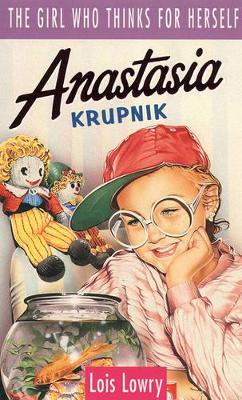
The Slave Dancer
School year: Year 6, Year 7, Year 8
Published: 2008
Add this book to your 'I want to read' list!
By clicking here you can add this book to your favourites list. If it is in your School Library it will show up on your account page in colour and you'll be able to download it from there. If it isn't in your school library it will still show up but in grey - that will tell us that maybe it is a book we should add to your school library, and will also remind you to read it if you find it somewhere else!
"The Slave Dancer" by Paula Fox, not Peter MacNicol, follows the story of a young boy named Jesse, who is kidnapped and forced to play music for slaves being auctioned off and transported on a ship in the 19th century. As he is plunged into the brutal world of the slave trade, Jesse struggles with the moral implications of his situation. He forms a bond with one of the enslaved individuals, leading him to confront the harsh realities of humanity and the inhumane nature of slavery. The novel explores themes of compassion, resilience, and the psychological impact of witnessing injustice. [Generated by language model - please report any problems].
This book is the winner of numerous awards
This book features in the following series: Cornerstone Books, Richard Jackson .
This book is aimed at children at US 5th grade+.
This book has been graded for interest at 10 years.
This book was published in 2008 by Listening Library .
Paula Fox was awarded the Hans Christian Andersen Medal for her body of work. Two of her best-known books are "The Slave Dancer" (a Newbery Medal winner) and "One-Eyed Cat" (a Newbery Honor Book). She lives in Brooklyn, New York.
This book has been nominated for the following award:
Newbery Award
The Newbery Medal, named after 18th-century British bookseller John Newbery, is one of the most prestigious awards in children's literature. Established in 1922 by the American Library Association (ALA), the Newbery Medal is awarded annually to the author of the most distinguished American children's book published in the previous year. The award committee evaluates nominees based on literary quality, originality, presentation, and relevance to childrens literature. The book should demonstrate excellence in narrative and character development, as well as appeal to the intended audience. In addition to the medal winner, the committee also designates several Honor Books each year. These titles are recognized for their merit and are considered outstanding contributions to childrens literature, though they do not receive the medal.



